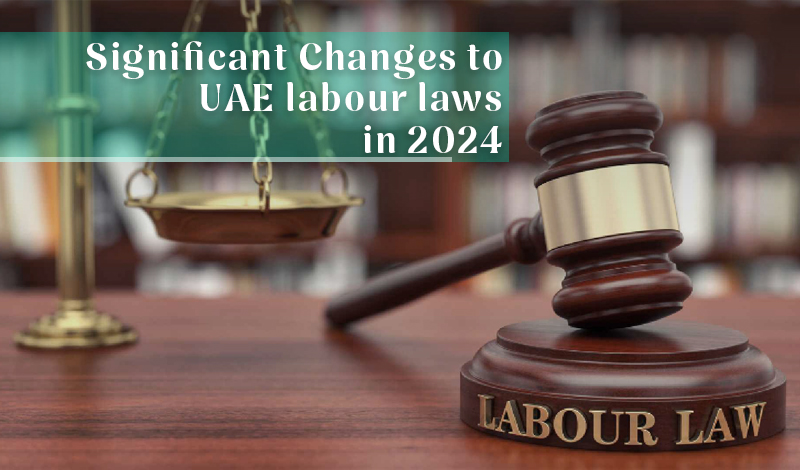The UAE has introduced significant amendments to its labour laws, impacting both employees and employers in the private sector. These changes, effective as of today, aim to improve labour dispute resolutions, enhance worker protections, and impose stricter penalties for violations. In this Article you will find the three major changes that have happened.
1. Statute of Limitations for Labour Claims Extended to Two Years
One of the most notable changes is the extension of the statute of limitations for filing labour claims. Previously, employees and employers had one year from the date of entitlement to file a claim. However, under Article 54 of the UAE Federal Decree-Law No. 33 of 2021, as amended by Federal Decree-Law No. 20 of 2023 and Federal Decree-Law No. 9 of 2024, this period has been extended to two years from the date of termination of the employment relationship.
This change provides both parties with more time to assess their situation and file claims. According to legal experts, this amendment benefits both employees and employers, offering greater flexibility in resolving disputes.
2. New Process for Labour Claims of Dh50,000 or Less
From January 1, 2024, the Ministry of Human Resources and Emiratisation (MOHRE) have been handling labour cases involving claims of up to Dh50,000. However, a significant procedural change took effect on August 31, 2024, altering how these cases are challenged.
Previously, decisions by MOHRE could be appealed to the Court of Appeal within 15 working days. Under the new decree, any challenge to MOHRE’s decision must now be filed directly with the Court of First Instance within 15 working days of notification. The Court of First Instance is required to:
Set a hearing within three working days.Issue a judgment within 30 working days from the date the appeal was filed.Importantly, the judgment of the Court of First Instance is final, meaning no further appeals are permitted. This change aims to expedite the resolution of smaller labour disputes.
However, Labour disputes involving claims exceeding Dh50,000 are not handled by the Ministry of Human Resources and Emiratisation (MOHRE). Instead, these cases must be filed directly with the Labour Court and it can be appealed to its higher Courts.
3. Increased Fines for Labour Violations
The new decree has raised fines to between Dhs 100,000 and Dhs 1 million. A new rule under Article 60 (2) also imposes fines of Dh100,000 to Dh1 million on employers who try to bypass labor laws by hiring workers in a fake or illegal manner.
The updated labor law has introduced much stricter penalties for employers who break labor rules. Previously, fines ranged from Dh50,000 to Dh200,000 for violations such as hiring workers without proper permits, misusing work permits for unauthorized purposes, or closing businesses without settling workers’ rights.
If these violations allow the employer to gain government benefits, the court will require them to return those benefits. Additionally, the fine will increase based on the number of workers involved in the fake hiring scheme.
In conclusion, the updated UAE labor law introduces key reforms to promote fairness and efficiency in the rights of labor law. Workers and employers now have two years to file claims, while disputes under Dh50,000 are resolved faster through MOHRE and the Court of First Instance. Stricter penalties, including higher fines for violations like unauthorised hiring, ensures stronger worker protections and employer accountability.

